‘Liberate' Rally Organizers Worked to Criminalize Anti-Pipeline Protests
The Save Our Country coalition, which supports “liberate” protesters, is deeply tied to ALEC, a conservative group that has helped to pass laws in eleven states ratcheting up penalties for protesting near oil and gas pipelines.
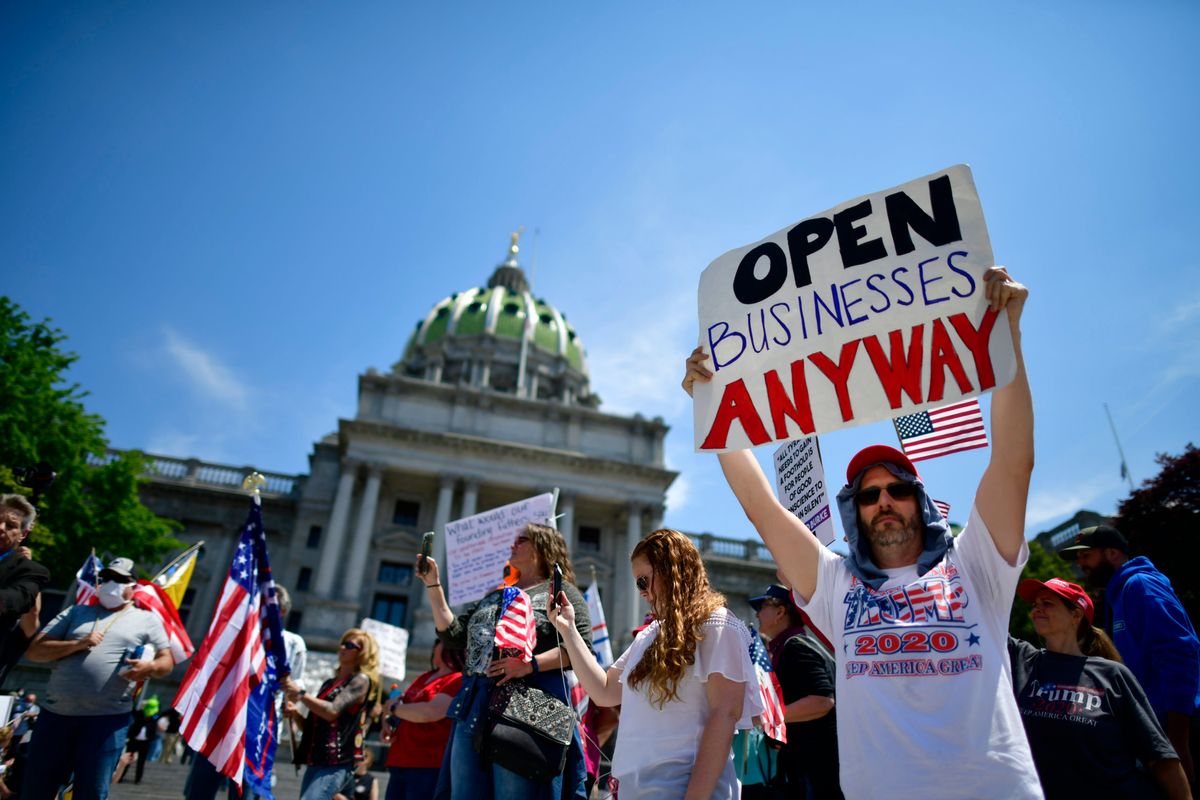
In mid-April, protests touched off against the public health orders put in place by governments due to the coronavirus pandemic. In many of the state “liberate” protests, the number of demonstrators was a few hundred, compared to the 71% of Americans in polls who said they were worried about lifting coronavirus restrictions too quickly.
But the prevalence of firearms and white supremacist symbols at the protests attracted widespread attention—for example, through an infamous photo of maskless protesters yelling in the faces of masked state police in the Michigan capitol.
In late April, the “liberate” protests got a boost with the launch of Save Our Country, a coalition formed by conservative groups FreedomWorks, Tea Party Patriots, Committee to Unleash Prosperity, and the American Legislative Exchange Council (ALEC). On its website, the coalition provided messaging tools for people to petition their governors, along with tools for finding local protests to attend and for helping people organize protests if there were none in their area.
“The First Amendment rights of freedom of assembly, free association, free exercise of religion, and the right to petition the government have all been violated by government orders in the name of stopping coronavirus,” the Save Our Country website declares. But while the group works to protect the free speech rights of “liberate” protesters, one of its founding member organizations, ALEC, is also working to make it harder for another group of protesters to have their voices heard.
ALEC, an influential conservative group that brings corporations, lobbyists and lawmakers together to co-write bills, crafted a model bill in the wake of the 2016 Dakota Access Pipeline protests to establish criminal penalties, including imprisonment, for people who enter property containing oil and gas sites and other so-called “critical infrastructure facilities” without permission. The model bill also calls for criminal penalties for organizations found to have conspired with individuals who are convicted of trespassing at critical infrastructure sites. According to Bloomberg, the model bill was spearheaded by ALEC member American Fuel and Petrochemical Manufacturers (AFPM) and Marathon Petroleum, which has a minority stake in the Dakota Access Pipeline project.
Since crafting the anti-pipeline protest bill, 11 states have adopted versions of it, and at least nine states currently have versions of the bill introduced in their legislatures and are considering whether to adopt them. In several states, the bills were shepherded through the legislative process by dues-paying ALEC legislators while ALEC member companies in the energy sector disclosed lobbying for them.
ALEC’s contradictory position regarding the rights of protesters does not surprise Jay Riestenberg, deputy communication director at government ethics group Common Cause, which has been a leading voice against the organization.
“ALEC’s position is not based on an ideological or First Amendment perspective, but instead on a corporate profit perspective,” Riestenberg told Sludge. “ALEC and its allies in the Save Our Country coalition are putting corporate profits ahead of the health and safety of the American people.
“We also shouldn’t overlook the fact that protests around pipelines are often peaceful and led by Native communities and people of color, while the images from the ‘Liberate’ protests mostly show white men with guns on our state capitals. This is another example of how ALEC’s policies disproportionately target communities of color after years of the organization pushing Stand Your Ground and voter ID laws while opposing union rights and raising the minimum wage.”
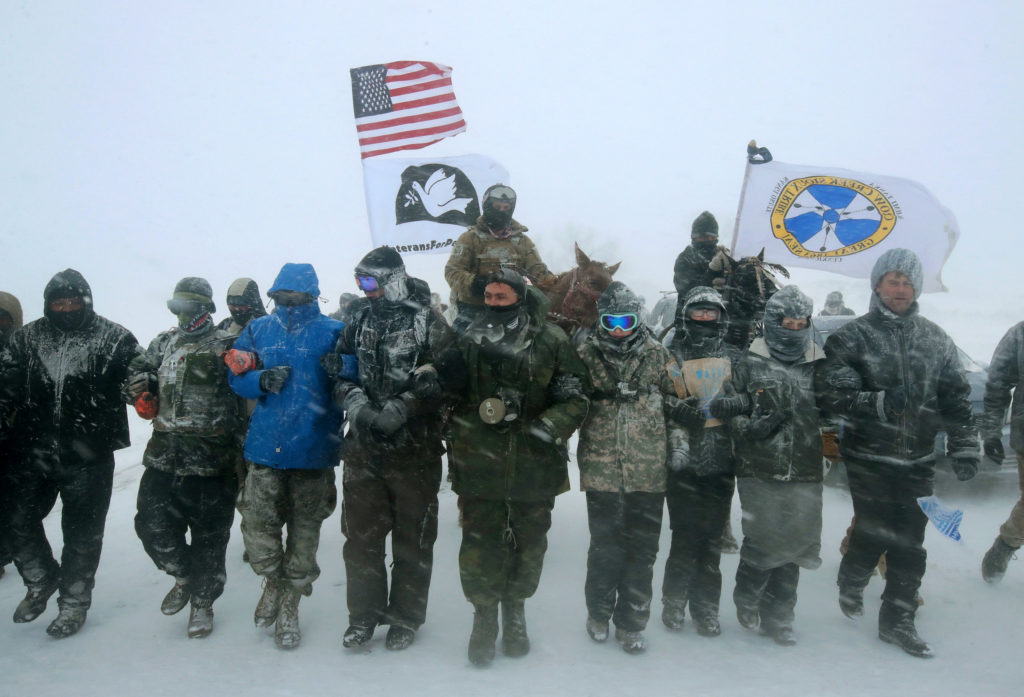
Common Cause, along with dozens of progressive groups, unions, and religious organizations, sent letters to ALEC member companies calling on them to withdraw from the organization in support of public health guidelines. The letters were sent to ALEC members Koch Industries, Chevron, Anheuser-Busch, Pfizer, and many more companies.
One of the members of the Save Our Country’s National Leadership Council is Stephen Moore, a fellow on leave from the Heritage Foundation who is the founder of anti-tax advocacy group Club for Growth and a FreedomWorks senior economic contributor. Moore is also intimately tied to ALEC, serving on the group’s “Private Enterprise Advisory Council” and co-authoring its annual flagship report, “Rich States, Poor States,” which the organization uses to promote its conservative economic austerity agenda. Moore recently compared the reopen protesters to Rosa Parks in a YouTube interview tracked by journalist Lisa Graves.
Often quoted in the press as a top Trump economic adviser, Moore has been a prominent figure at ALEC conferences every year since 2013, PRWatch reported. ALEC’s model bills work to undermine environmental regulations, defund labor unions, and constrain states’ ability to raise tax revenue while cutting social services. ALEC has received major funding from the billionaire industrialist Charles Koch and his late brother, David Koch—more than $3.3 million since 1993, according to the research project Koch Docs.
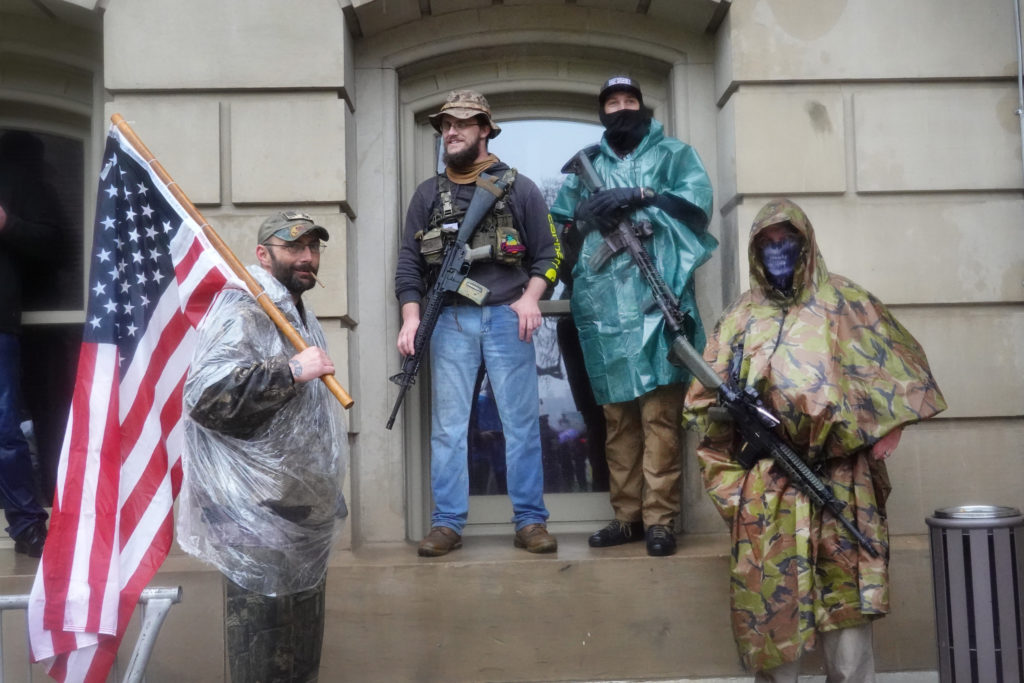
Several other individuals on Save Our Country’s National Leadership Council have ties to ALEC.
Council member Linda Upmeyer, the former speaker-select of the Iowa House of Representatives who did not seek reelection in 2020, is an ALEC board member and recipient of ALEC’s “State Legislator of the Year Award” in 2010.
Dr. Arthur Laffer, another council member, is one of six members of the ALEC Board of Scholars and has been called “the father of supply-side economics” by President Trump and others. In 2011, Laffer founded a partnership with the Texas Public Policy Foundation, a State Policy Network member, to house the nation’s largest collection of supply-side research. Laffer writes ALEC’s annual “Rich States, Poor States” with Moore, and helped develop the ALEC-Laffer State Economic Competitiveness Index that the group uses to criticize states with progressive labor and taxation policies.
Council member Mary Kiffmeyer, a Minnesota senator since 2013, is an ALEC state chair who attended the 2019 ALEC Annual Meeting, according to Documented. Previously, she served as secretary of state of Minnesota from 1999-2006 and in the Minnesota House of Representatives from 2009-2013, becoming Minnesota state chair of ALEC as of July 2011.
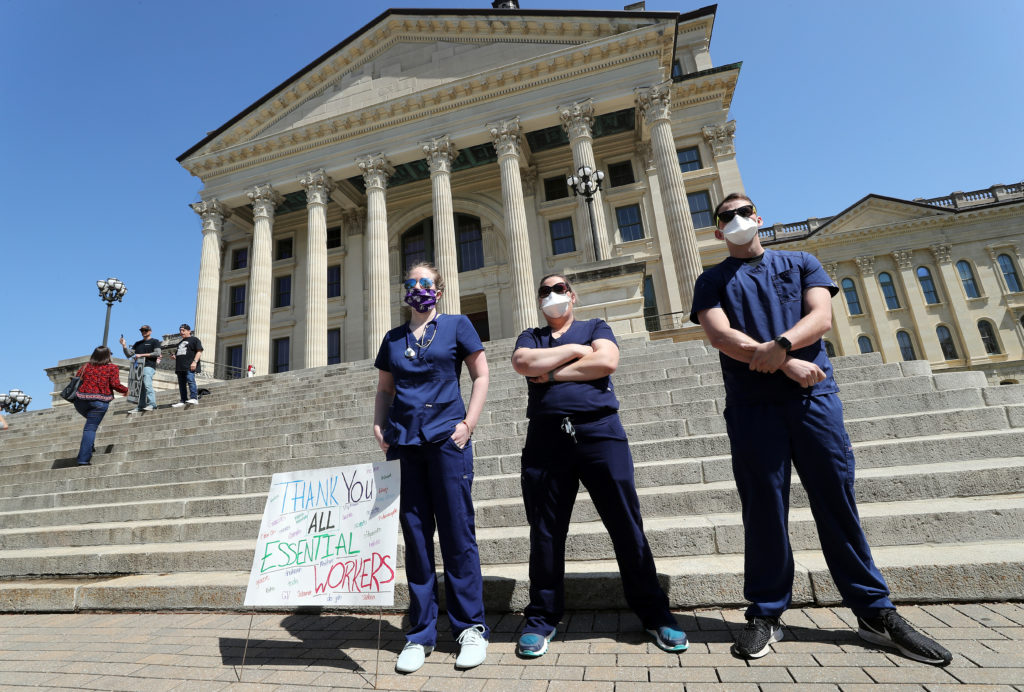
To examine how shelter-in-place orders due to the pandemic could be safely relaxed, the U.S. Centers for Disease Control prepared detailed guidelines, which were initially shelved by Trump administration officials before being partly included—along with many key differences—in the White House’s reopening plan in April.
Stay-at-home orders were put in place in response to the coronavirus for a multitude of reasons: each new person infected spreads it on average to 2.2 people, according to the World Health Organization; individuals might not develop symptoms to realize they’re infected, according to Harvard Medical School; the virus can remain stable in aerosol droplets for hours and on some surfaces for days, according to Yale Medicine; and the virus’ fatality rate is 10 times that of influenza, according to CDC data.
Eighty percent of U.S. deaths from COVID-19 have been people age 65 and over, but for anyone over 40 years of age, the virus is the most significant danger they’re likely to face during the course of a normal year, and its subsequent health effects are still unknown—for example, scientists are calling attention to an inflammatory syndrome affecting children.
According to a May 21 poll by the Pew Research Center, 43% of American adults have a great deal of confidence in medical scientists to act in the best interest of the public, joined by 46% with a fair amount of confidence, and six-in-ten respondents believe that social distancing measures are helping “a lot” to slow the spread of coronavirus.

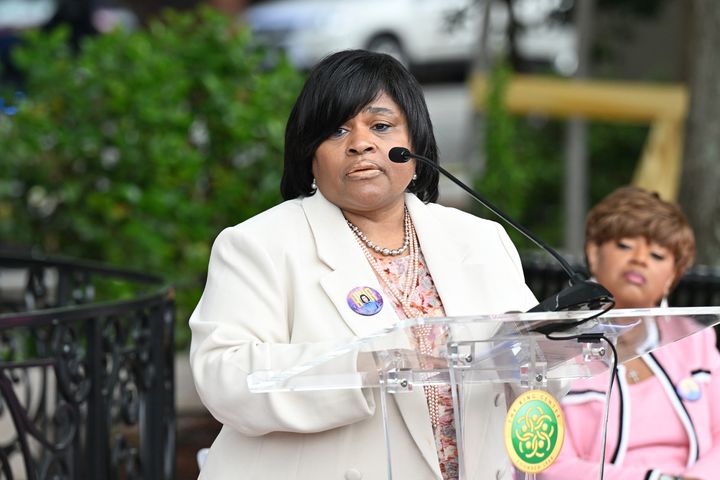
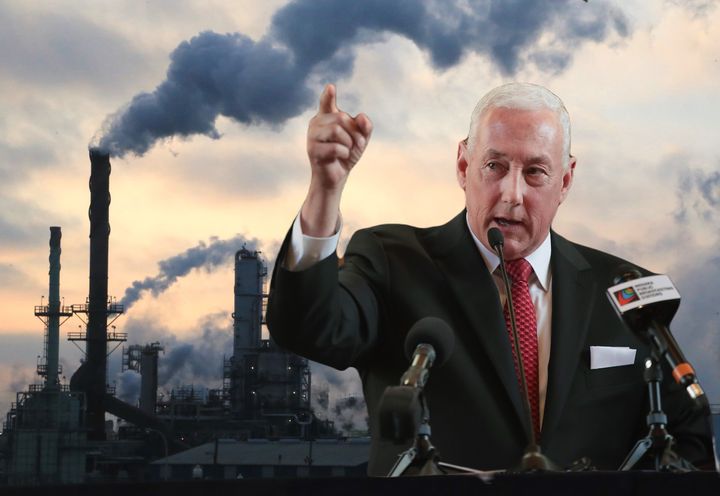
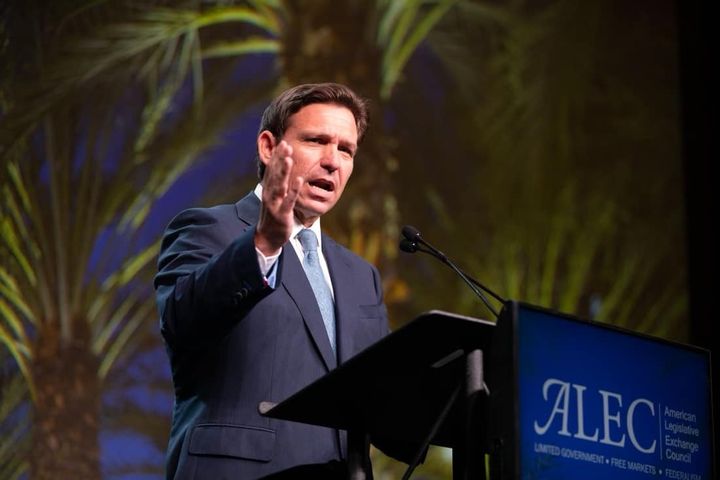
Comments ()